US Healthcare Industry Sees Breakthrough with AI-Powered Clinical Assistants
A recent partnership between healthcare providers and technology companies has brought about a significant shift in the way clinicians manage their workload, with the introduction of ambient AI assistants designed to streamline clinical documentation and enhance the doctor-patient experience. According to a report by the American Medical Association (AMA), US physicians spend at least eight hours of their 59-hour work week on administrative tasks, with many spending more than eight hours on electronic medical records outside working hours.
The financial burden of clinician burnout is substantial, with a study by the Mayo Clinic estimating that the US healthcare industry loses approximately $4.6 billion annually due to physician burnout. Furthermore, a survey by Medscape found that nearly half of US physicians experience burnout, with 44% citing paperwork and administrative tasks as a major contributor.
The introduction of AI-powered clinical assistants aims to alleviate this burden by automating routine tasks, such as data entry and documentation, and providing clinicians with real-time insights and recommendations. These assistants use ambient AI, a type of artificial intelligence that learns from context and environment, to anticipate and respond to clinician needs.
The market for AI-powered clinical assistants is expected to grow significantly in the coming years, with a report by ResearchAndMarkets.com predicting a compound annual growth rate (CAGR) of 25.6% from 2023 to 2028. This growth is driven by increasing demand for digital health solutions and the need for healthcare providers to improve operational efficiency and reduce costs.
Nabla, a leading provider of AI-powered clinical assistants, has been at the forefront of this trend, partnering with healthcare providers to develop and implement AI-powered solutions that enhance the clinician experience. By leveraging the expertise of clinicians and combining it with the power of AI, Nabla's solutions aim to restore the doctor-patient experience and improve patient outcomes.
The implications of this trend are far-reaching, with the potential to transform the way healthcare is delivered and experienced. As AI-powered clinical assistants become more prevalent, clinicians will be able to focus on high-value tasks, such as diagnosis and treatment, rather than administrative duties. This shift is expected to lead to improved patient outcomes, increased job satisfaction among clinicians, and reduced healthcare costs.
Looking ahead, the future of AI-powered clinical assistants holds much promise. As the technology continues to evolve, we can expect to see more sophisticated solutions that integrate with existing healthcare systems and provide clinicians with real-time insights and recommendations. The potential for AI to transform the healthcare industry is vast, and it will be exciting to see how this trend continues to unfold in the years to come.



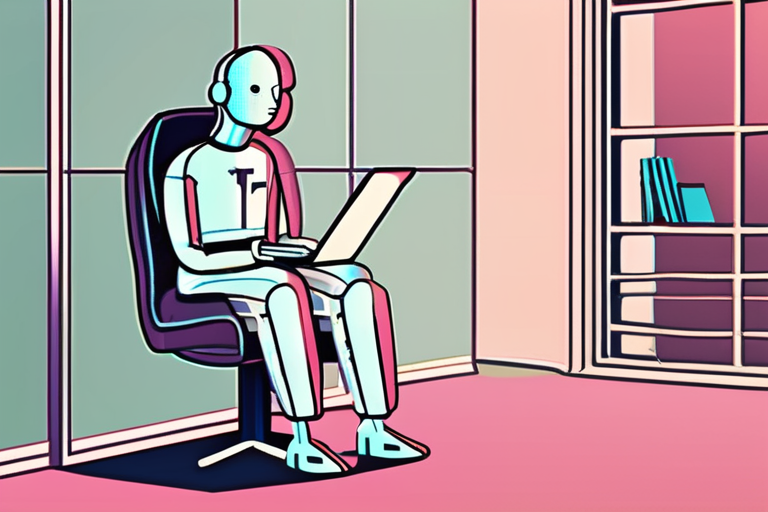
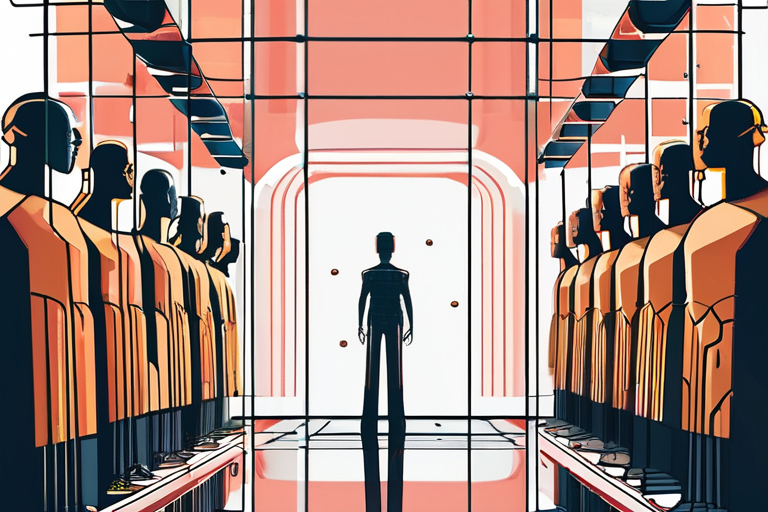
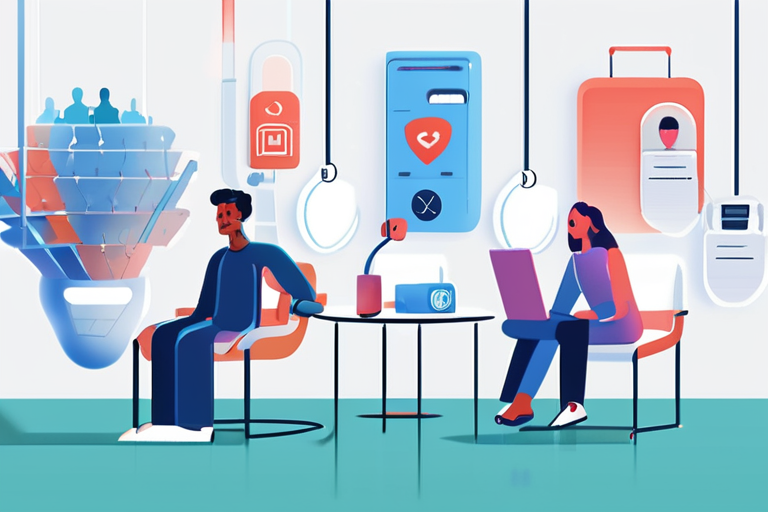
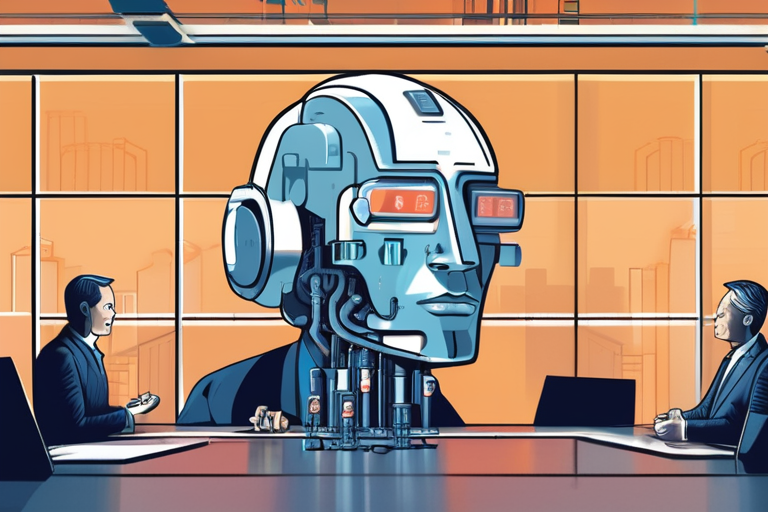

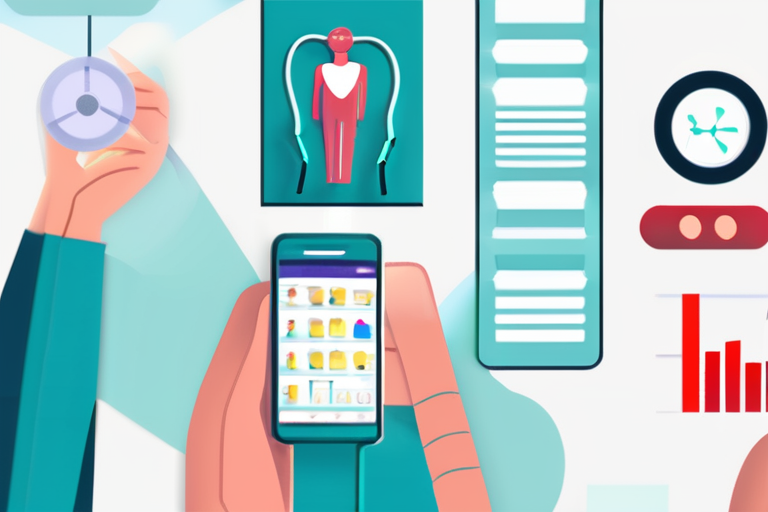
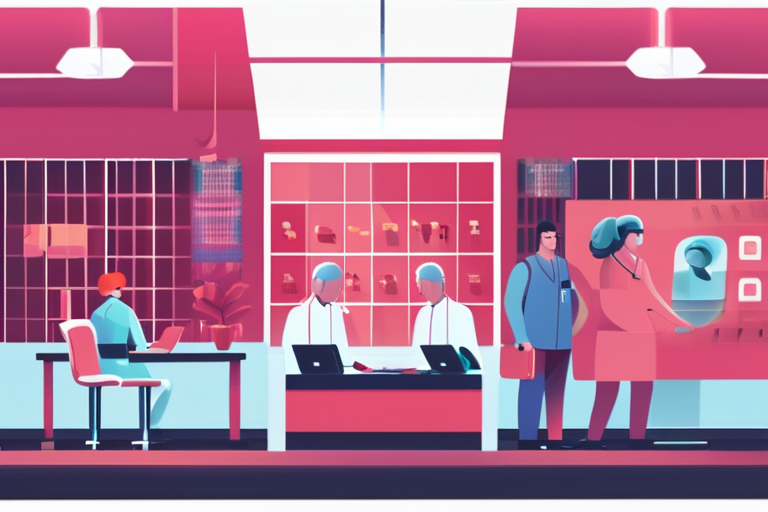
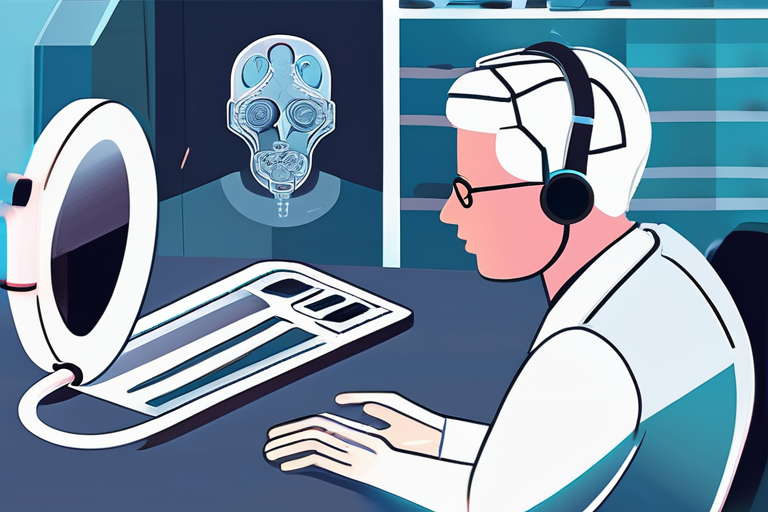
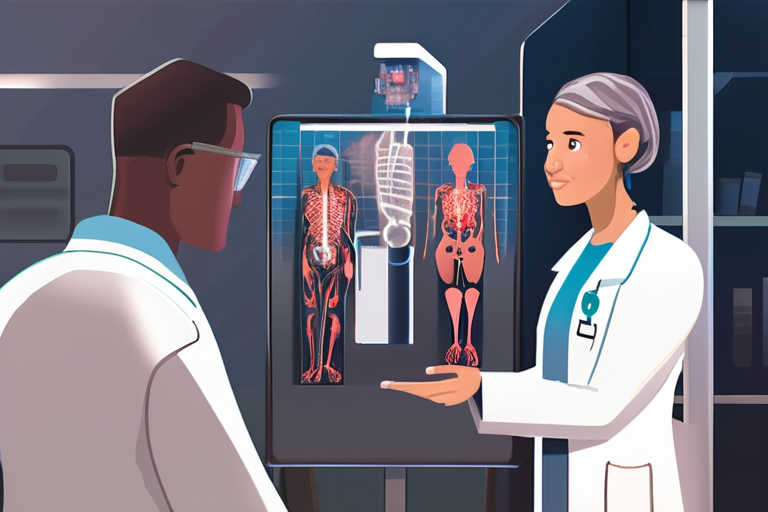
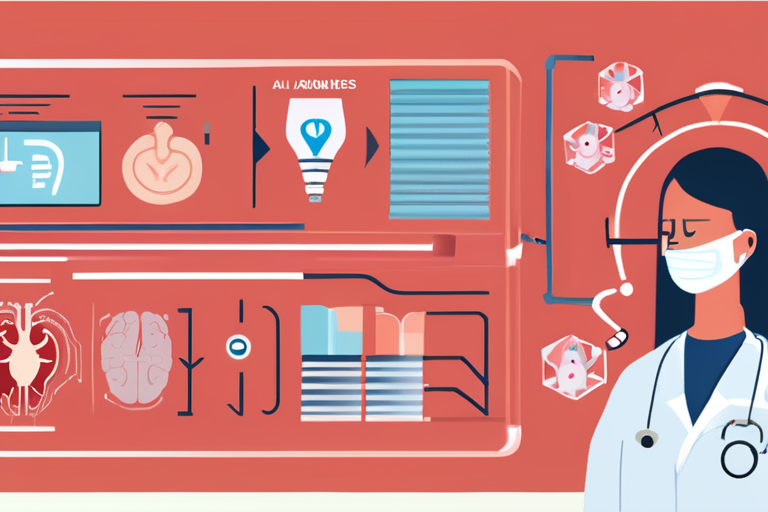
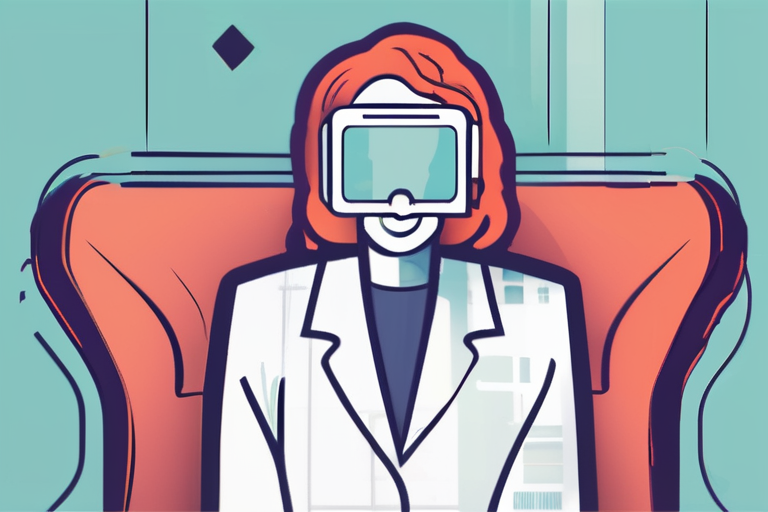


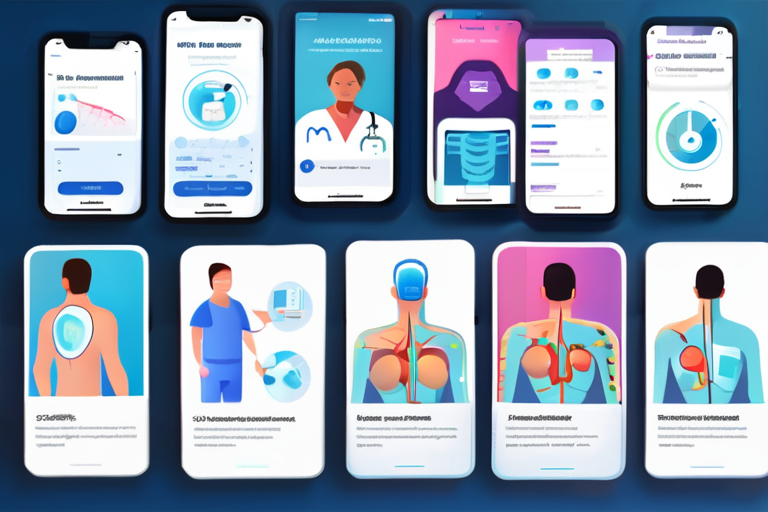
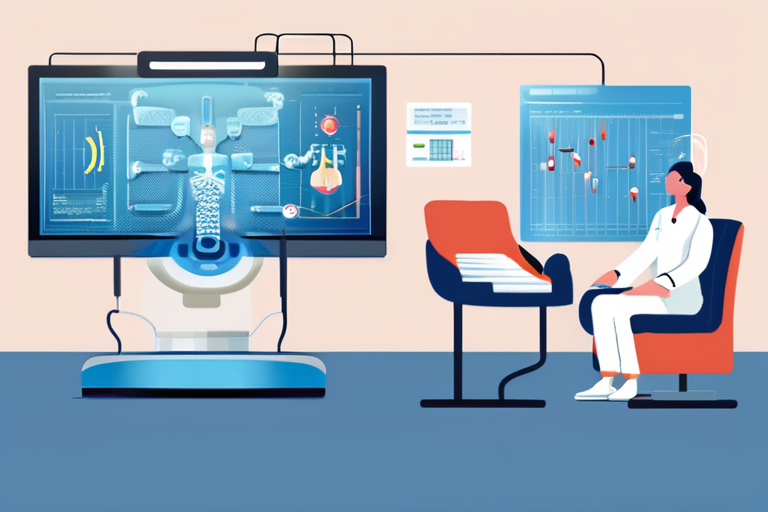
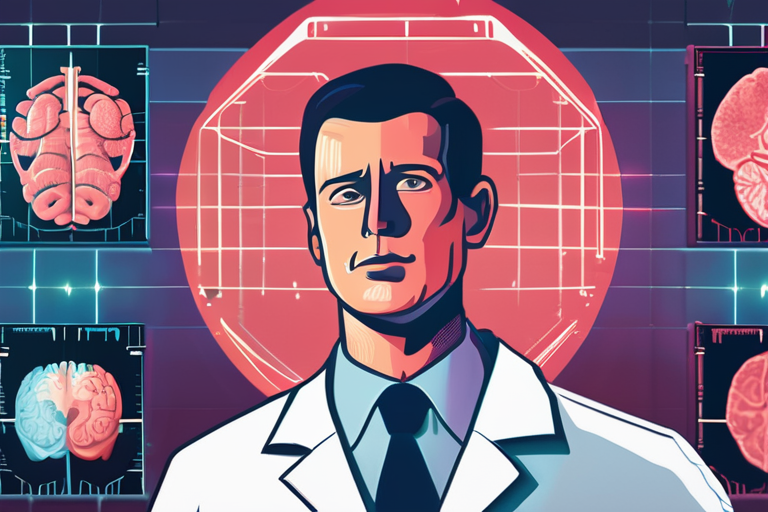
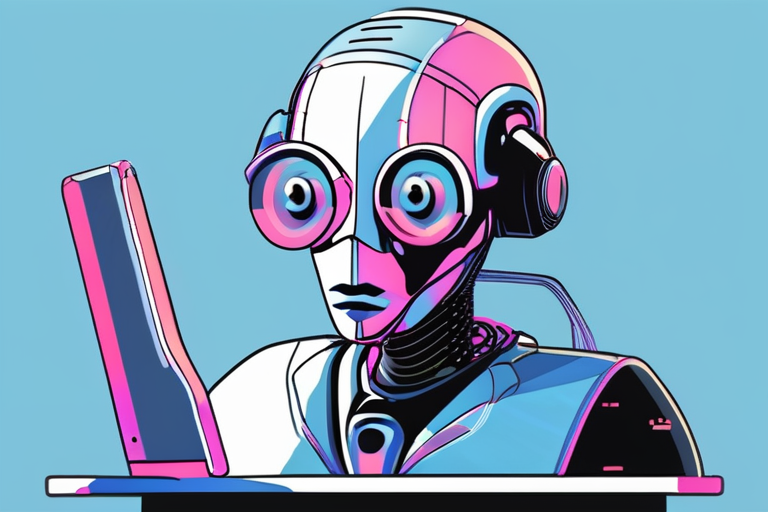
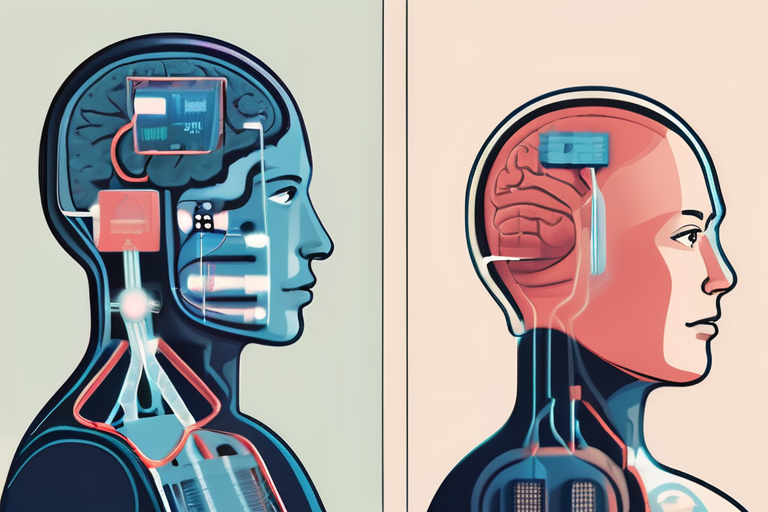



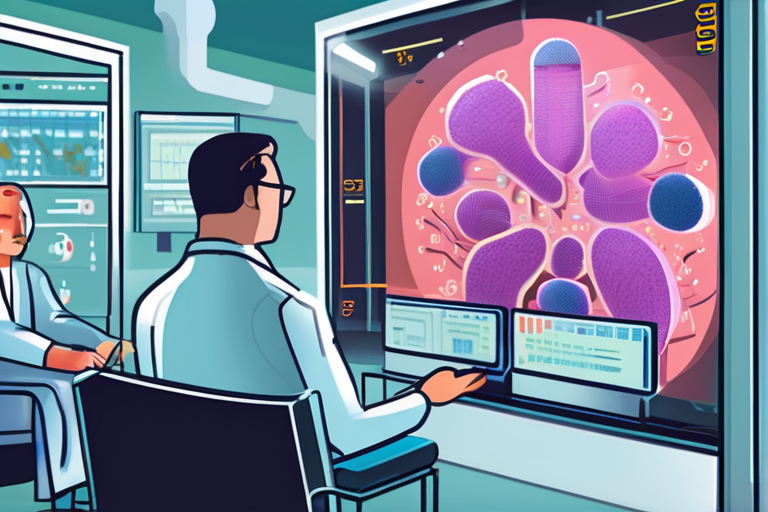

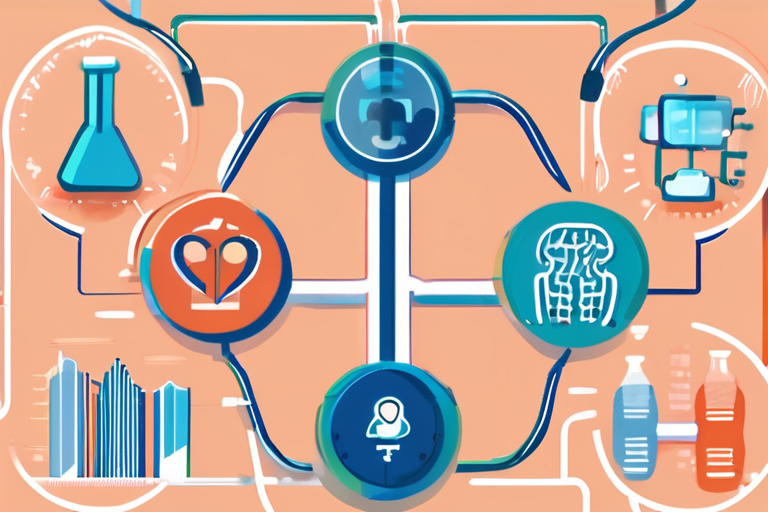
Share & Engage Share
Share this article